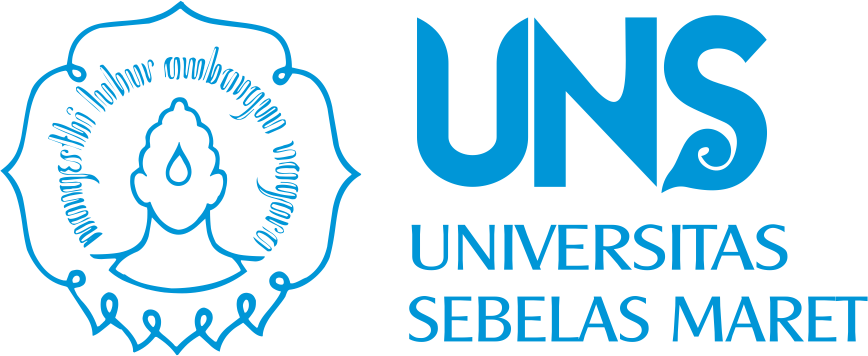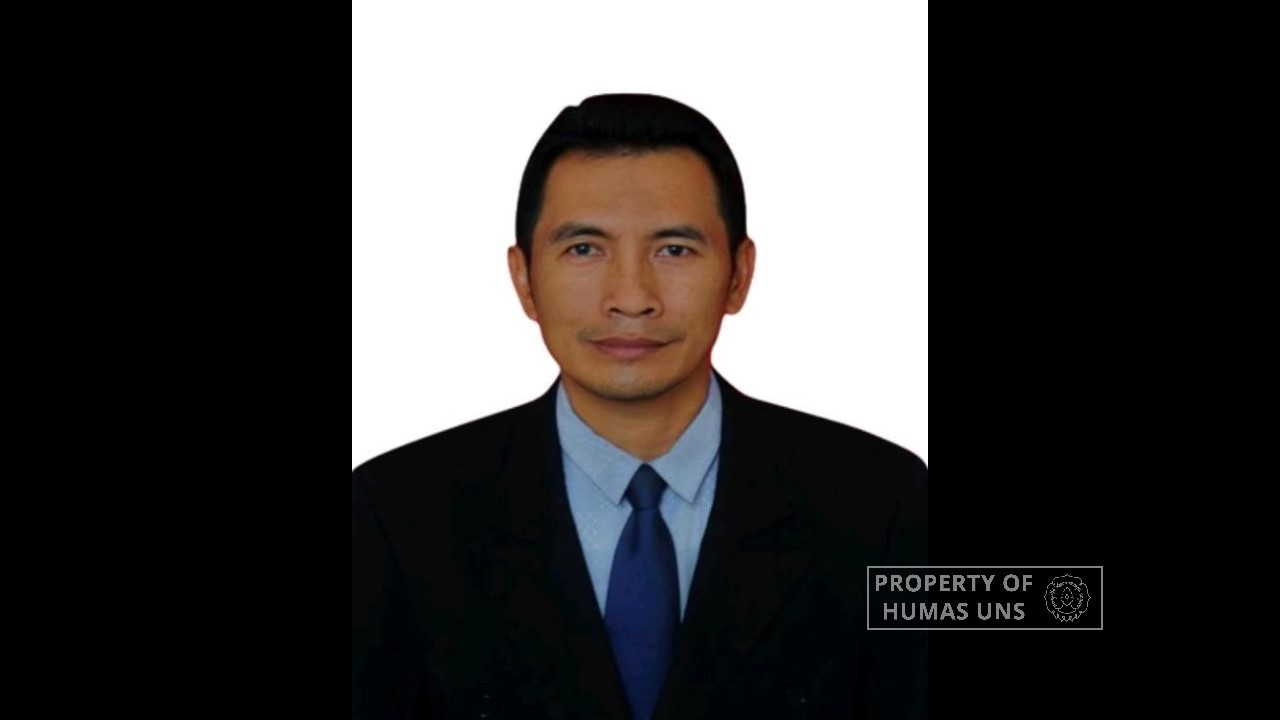By: Sports Coaching System Research Group-FKOR UNS, led by Dr. Fadilah Umar, S.Pd., M.Or., AIFO-P
Virtual learning system during the ongoing Covid-19 pandemic is one of the efforts taken for the implementation of movement control and Work From Home (WFH) policy at school and workplace. This effort becomes one of the preventive measures for the Covid-19 transmission and to ensure the sustainability of learning and work activities, while avoiding direct meetings. The virtual meeting indeed has its advantage and disadvantage.
The advantages of the online system, for instance, are allowing us to complete any duties easily, effectively, and practically. This system also saves energy and time, at the same time avoiding any crowd to limit Covid-19 spread. However, this system highly depends on network stability, poor material explanation, and presentation, limited movement, and is prone to boredom. On average, a person can join a virtual learning session for 3-4 hours, or even up to 8 hours a day. Prolonged virtual learning that ignores sitting posture and required facilities will result in strained neck and back, even backache. Sitting in front of a laptop or computer with a lack of lighting will cause the eyes to become hot, watery, and can lead to dizziness.
Preventive measure is needed to resolve those negative impacts of virtual learning. This aims to avoid an even bigger and more complex problem in the future. One of the simple solutions for this problem is to do stretching between each virtual learning session. However, to accustom stretching activity during learning sessions is not as easy and as simple as imagined. Teachers need to encourage understanding and plan for the form of exercise. Socialization, monitoring, and evaluation processes must follow suit.
To help to solve the growing problem in the virtual learning process, the Universitas Sebelas Maret (UNS) Surakarta, through the Sports Coaching System Research Group (RG), Faculty of Sport (FKOR-UNS) conducted a community service program as part of the Higher Education Tri Dharma activities entitled “Stretching as Prevention on Virtual Learning Impact, Assistance for Teachers in Surakarta.” The community service program was led by Dr. Fadilah Umar, S.Pd., M.Or., AIFO-P., with the following members, among others, Prof. Dr. M. Furqon Hidayatullah, M.Pd., Dr. Islahuzzaman Nuryadin, S.Pd., M.Or, Dr. Haris Nugroho, S.Pd., M.Or., and Hendiq Joko Prasetyo, S.Pd., M.Or. The RG team also collaborate with three IOR Master Program Students (Ulfa Fatahara Laras Fadian, Ria Apriliani, Margareta Suryani), two students of the PKOR Study Program (Dhenaldo Ahnaf Daffa, Muhammad Rafli Firdaus), and Highschool Teachers incorporated in MGMP Penjas SMA/MA for Region VII Jawa Tengah, which consist of Surakarta City and Sukoharjo District.
The program was conducted virtually on Tuesday, 6 July 2021 at 09.00-12.00 AM through Zoom Cloud Meeting at meeting link: https://zoom.us/j/92389424941?pwd=NFV6c3RSMGFLOFpuekZUR3dQTjM3Zz09. The invited participants are limited to 60 people, which consist of 10 committees and 50 event participants from Surakarta and Sukoharjo.
The program aims to give inspiration, experience to take action in identifying, finding, and solving problems during the virtual learning faced by teachers in Surakarta and Sukoharjo. The program was implemented in the form of training and assistance. The training was given to the physical education teachers in Surakarta and Sukoharjo, which followed with an assistance program. Stretching activity management can be implemented through the following methods, first, teachers’ who received stretching training teach the stretching techniques to students, their fellow teachers, and supporting staff. Second, the material on stretching techniques must also be disseminated to other teachers, thus they can support and encourage students to implement it.
Third, each subject teacher must integrate the activity into their learning activity, by reminding their students to do stretching regularly, such as at the beginning of each course. Fourth, the Schools (through the Physical Education teachers) communicate the implementation of stretching for students to the parents. Students’ parents, then, must take a role in reminding their children to do stretching at home periodically, as taught by the PE teachers. As the outcome of this implementation, it is expected that each individual can implement stretching during their virtual learning activities. Hence, stretching can be a preventive measure for the negative effect of virtual education activities.(*)



